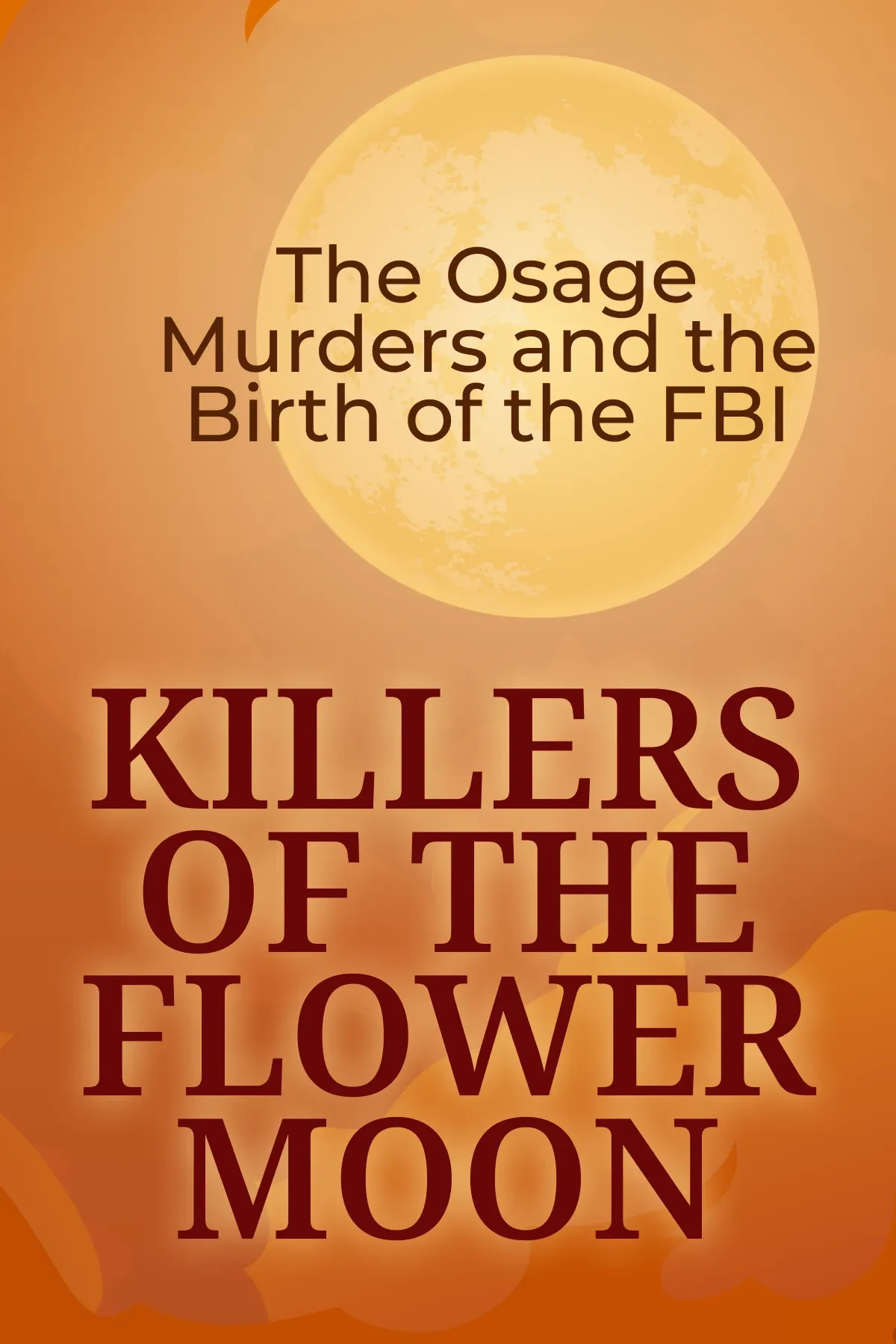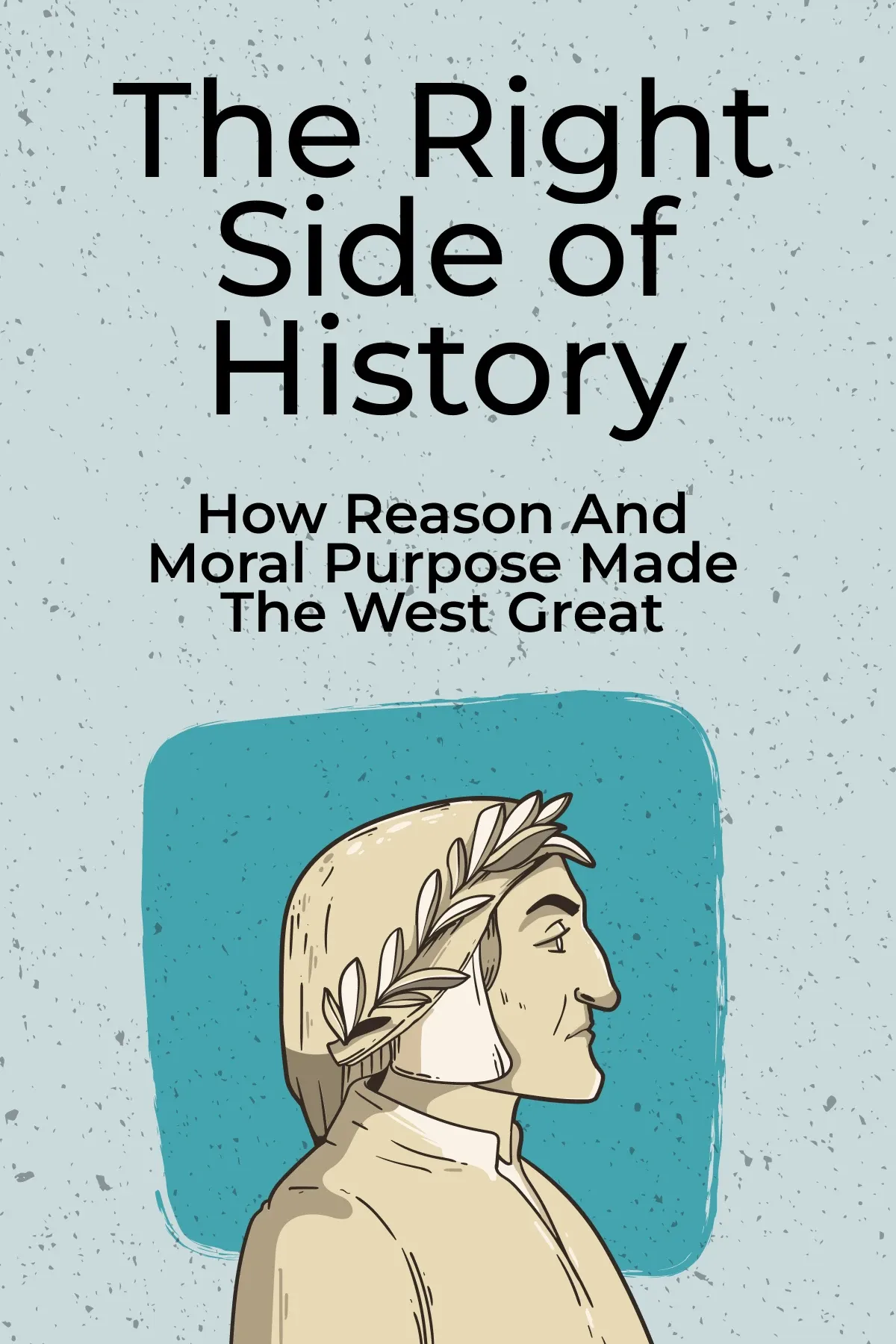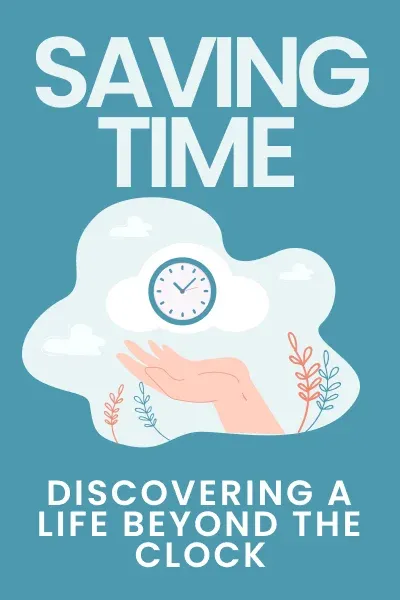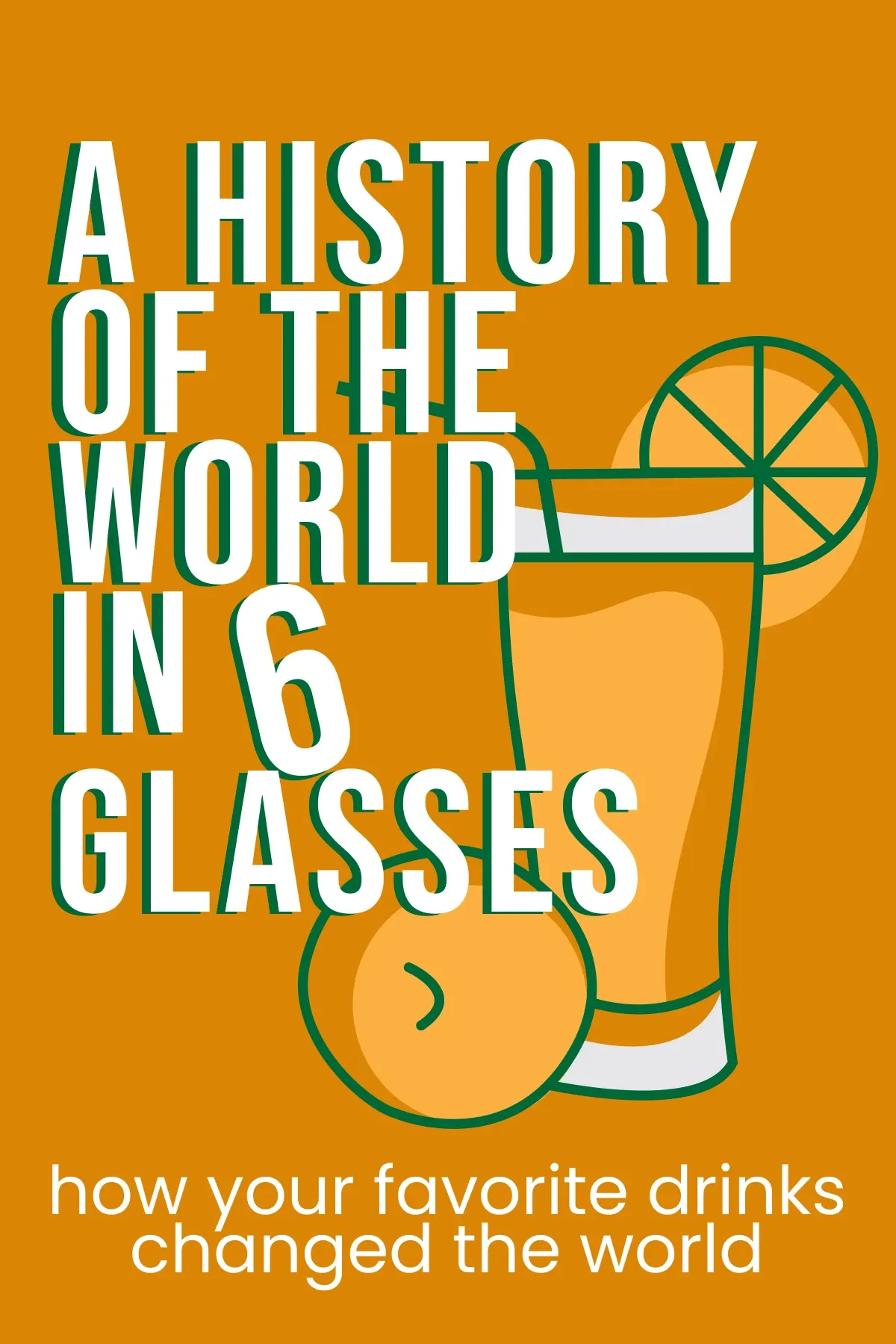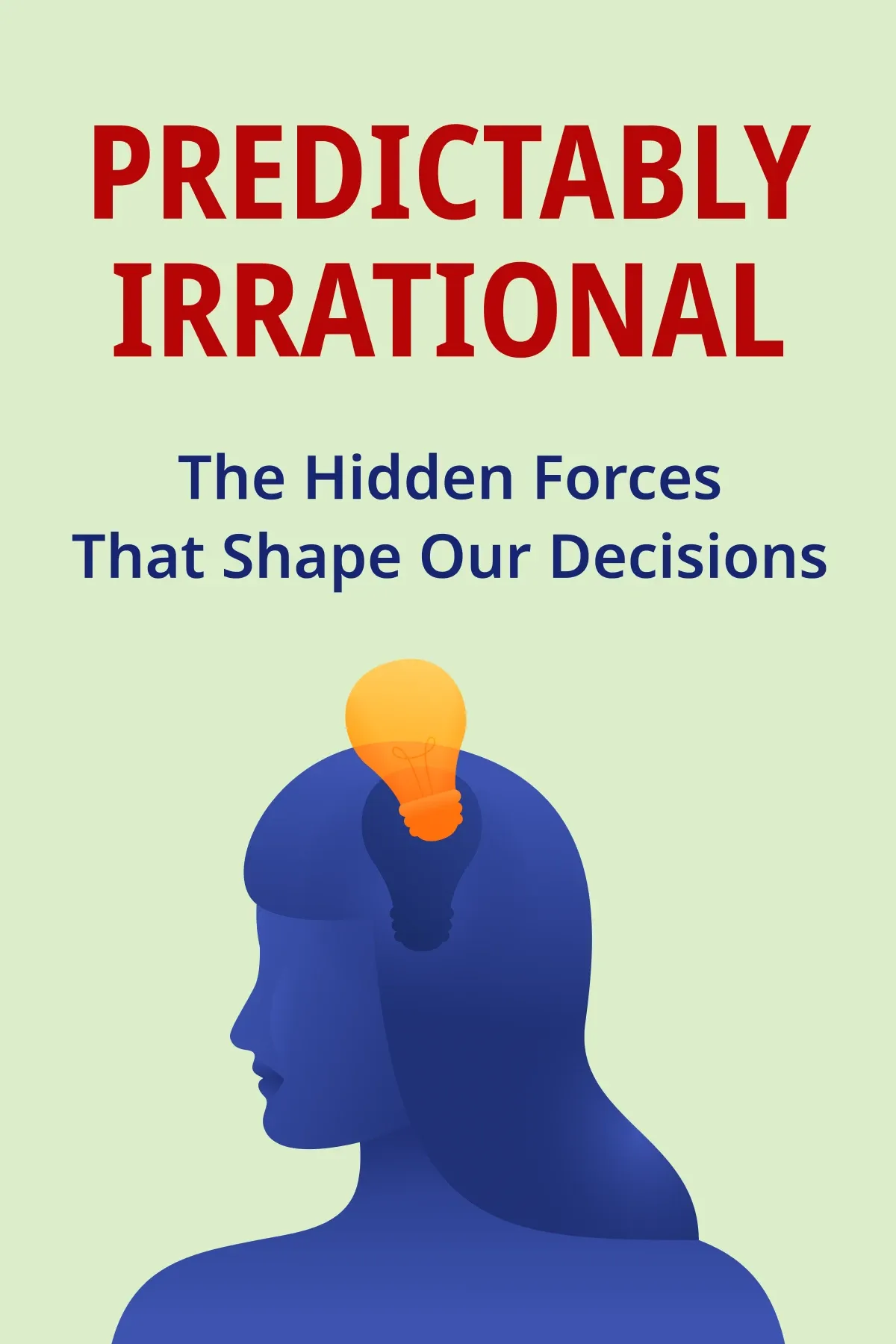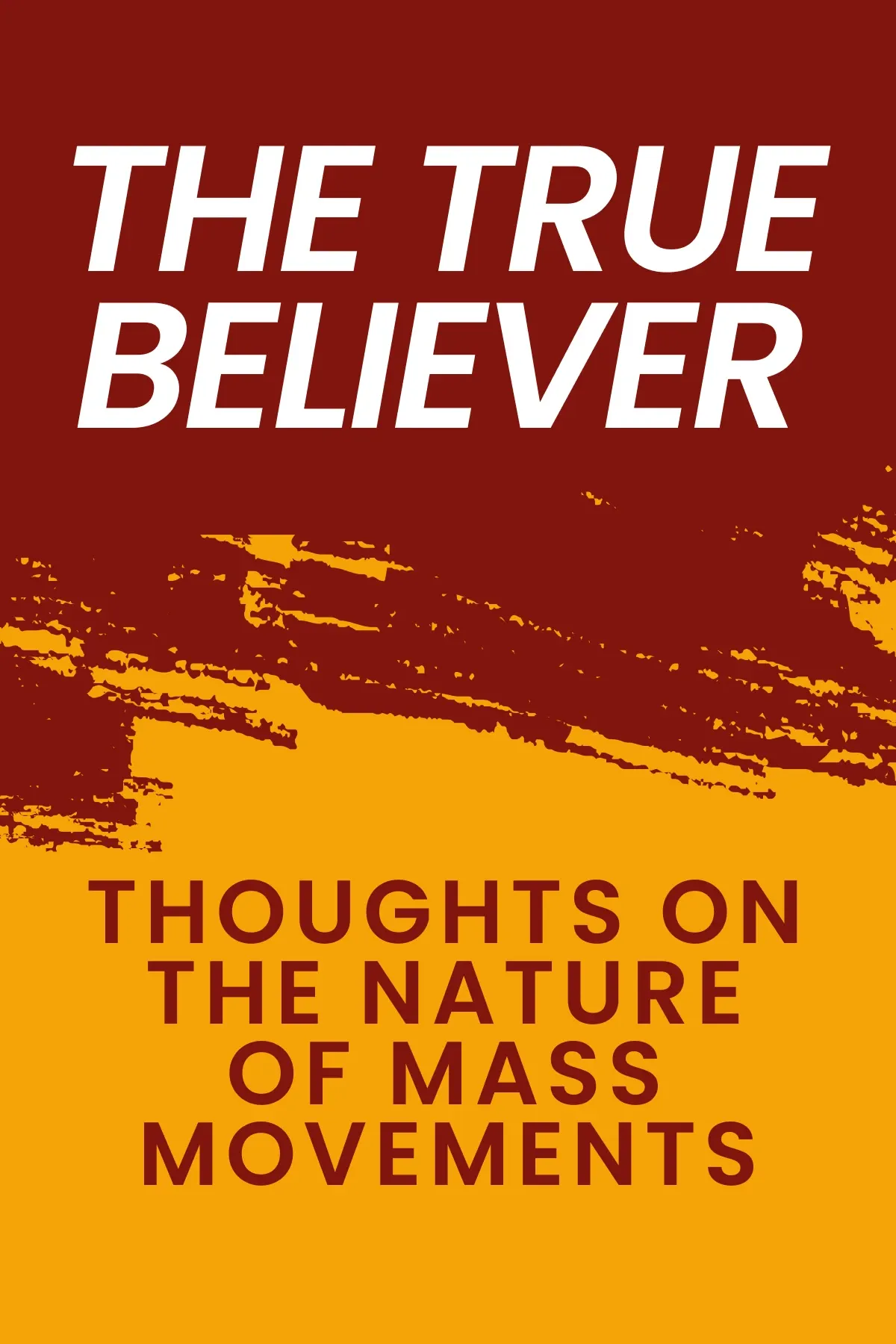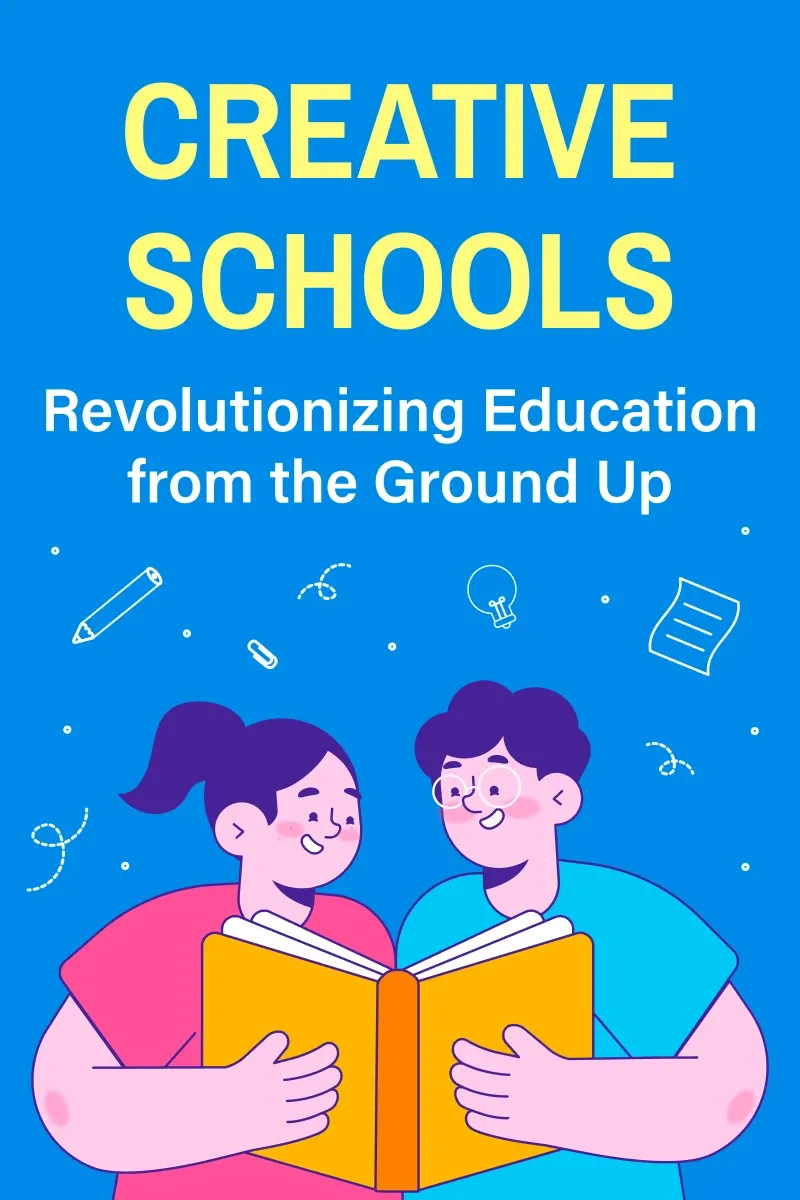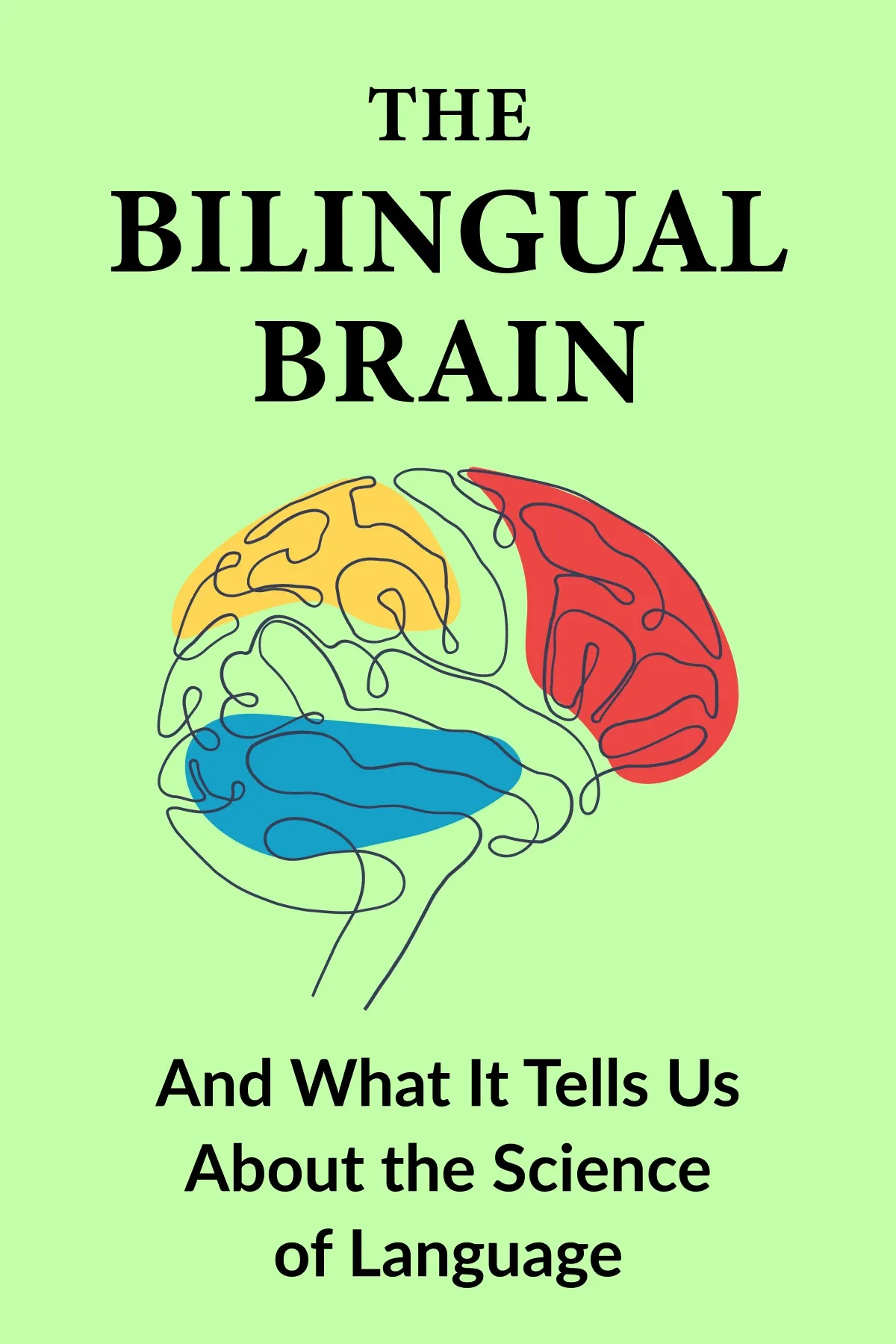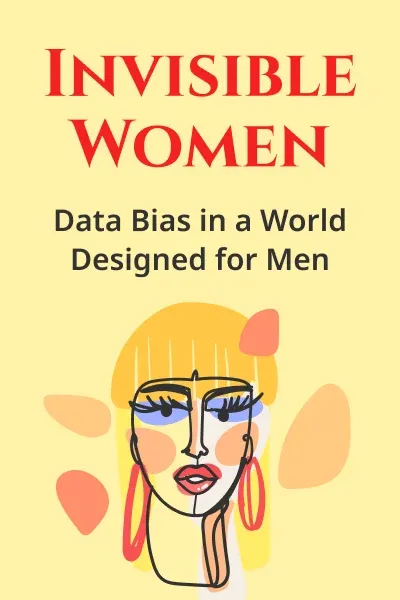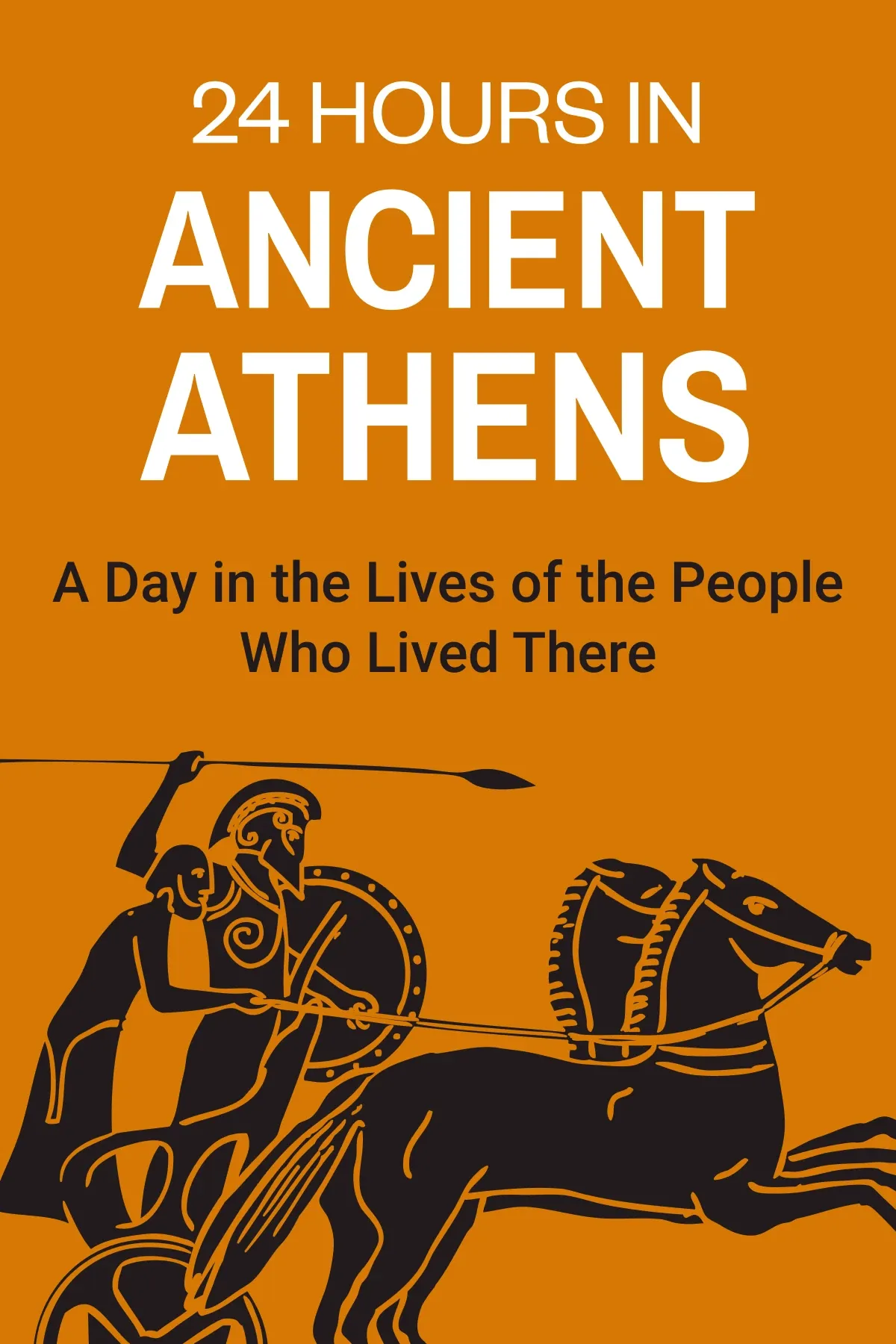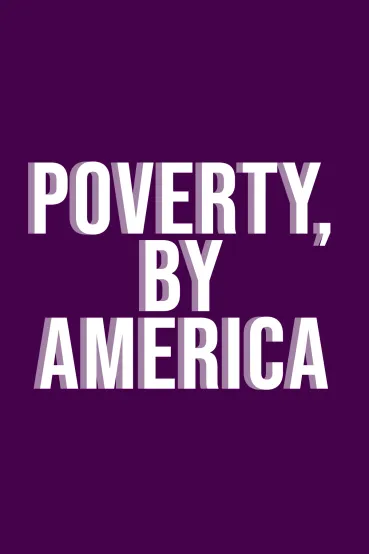
Poverty, by America
Brief Summary
“Poverty, by America” is a book by Matthew Desmond that reveals why so many people are poor in the United States. The author argues that many policies and systems benefit the wealthy at the expense of the poor, making it even harder for people to escape poverty. Desmond wants to change how we think about poverty and find better ways to help people who are struggling.
Key points
Key idea 1 of 6
The Official Poverty Measure in the United States doesn’t capture the full reality of what it means to be poor. Poverty is not just about living below a certain income level. It is about living a life filled with constant hardships, limited opportunities, and humiliation.
Crystal Mayberry is a person who has seen it all. She was born into a world of violence and instability, facing great challenges from a young age. She grew up in foster homes, experienced abuse, and struggled with mental health issues. Despite receiving government assistance, Crystal’s life was a constant battle against overwhelming odds. She eventually found herself homeless, suffering from severe depression and feeling utter despair. In the broader context of American society, many people face similar struggles.
Since the end of guaranteed cash welfare, the United States has seen a dramatic rise in extreme poverty. The number of households relying solely on food stamps without any cash income has skyrocketed. Homelessness among children has significantly increased. Furthermore, the American criminal justice system unfairly targets poor people. Many of them, especially Black men, end up in prison. Prison doesn't pay much, and it's hard to find a job after you get out. This keeps people trapped in poverty.
Poverty in the United States is also a symbol of freedom and dignity loss. Society frequently criminalizes poor people simply for existing, subjecting them to fines, imprisonment, and violence just for being in public spaces. Instead of offering support, the justice system often intensifies their struggles by imposing harsh punishments for minor offenses. Poverty, therefore, is not merely economic hardship but it is also a condition of marginalization, exclusion, and dehumanization.
What is more, the impact of poverty is not felt equally across all communities. Black and Hispanic Americans are more likely to live in poverty. They experience its effects more intensely due to systemic discrimination and community-level disadvantages. These groups are more likely to live in neighborhoods with high poverty rates, attend underfunded schools, and face higher levels of violence.
For many years, there has been a big difference in how much money Black people and Whites have. This racial wealth gap makes the problem of poverty even worse for Black people. All in all, poverty in America is a complex issue deeply tied to race, history, and systemic inequality.
FAQ
You may also like these summaries


